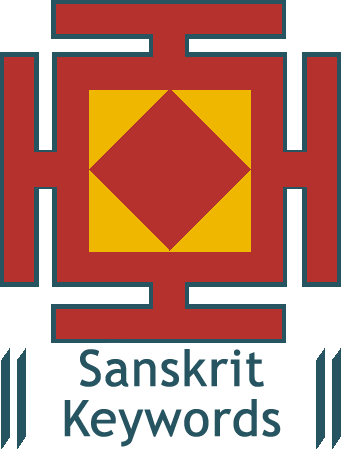Resources for studying indigenous texts

Manuscripts on palm leaves
Some of the foremost challenges facing India today include water availability, food scarcity, environmental degradation, and similar questions related to sustainable growth. These problems have a strong local character, in that; very often local, specific intervention can provide much more efficient and sustainable solutions. Furthermore, given the inseparability of these issues with human existence, these areas have a long and venerable tradition of research in India. It is increasingly being recognized that large scale developments that are not comprehensively studied in the Indian context and are, instead, blindly copied from elsewhere often cause more damage than good. In contrast, localized specific solutions based on rejuvenated or rediscovered indigenous knowledge have very often led to unimaginable success. Some well-known examples include rejuvenation of erstwhile perennial rivers in Rajasthan under Shri Rajendra Singh, and the introduction of traditional agricultural practices around Chennai by A. V. Balasubramanian under the auspices of CKIC.
An important component for understanding of indigenous knowledge systems requires interpretation, and not mere translation, of Indian scientific texts. For such a translation to be useful in the current modern context, this requires the close collaboration of linguistic and scientific experts. With this in mind, the aims of this project are:
- Interpretation and Translation - The project will take up the translation and interpretation of indigenous texts. The aim will be to provide a modern understanding of these texts in a manner that facilitates applications of their ideas to today’s challenges. It is hoped that, wherever necessary and possible, appropriate modifications necessary to incorporate them into the current context will be provided as subtext. Texts will be identified in consultation with colleagues working on other SandHI projects. Opinions may also be sought from a wider pool of researchers.
- Expert Support - The SandHI team will provide support to other projects that require linguistic help. This will be very beneficial for other projects running under SandHI.
- Course Development - A fundamental goal of all projects under SandHI will be the development of under- and post- graduate courses that will introduce traditional knowledge systems without sacrificing currently accepted paradigms of scientific practices and vigor. Choice of subject areas will be done in consultation with faculty members across the institute. This development will necessitate language expertise.
- Pedagogy - This may include (a) creation of language teaching modules suitable for researchers, and (b) language courses for students that may be run as in the case of other foreign language courses.
- Editing and Publishing - We also envisage the publication of relevant texts on indigenous knowledge systems, perhaps suitably edited/expanded, under the aegis of this project.








